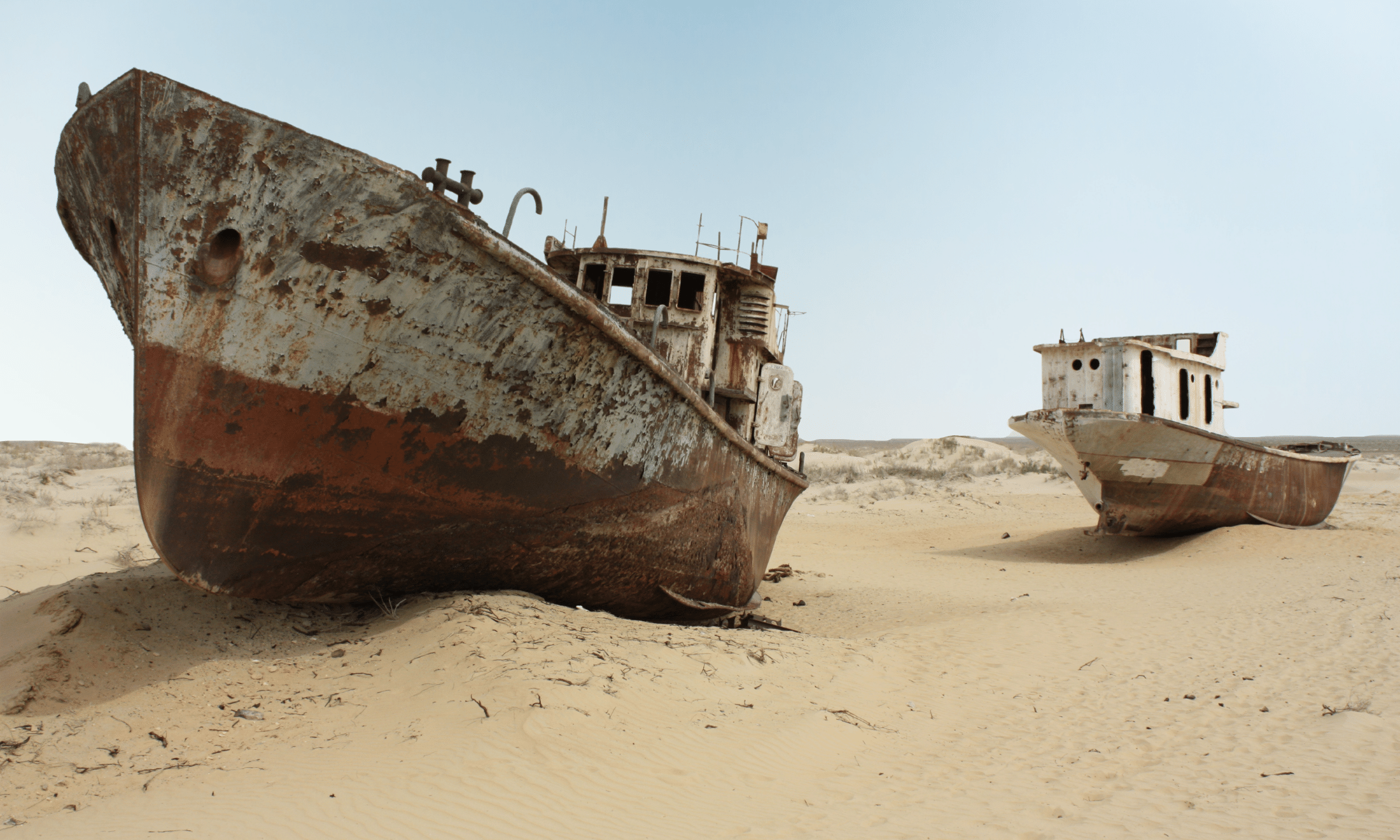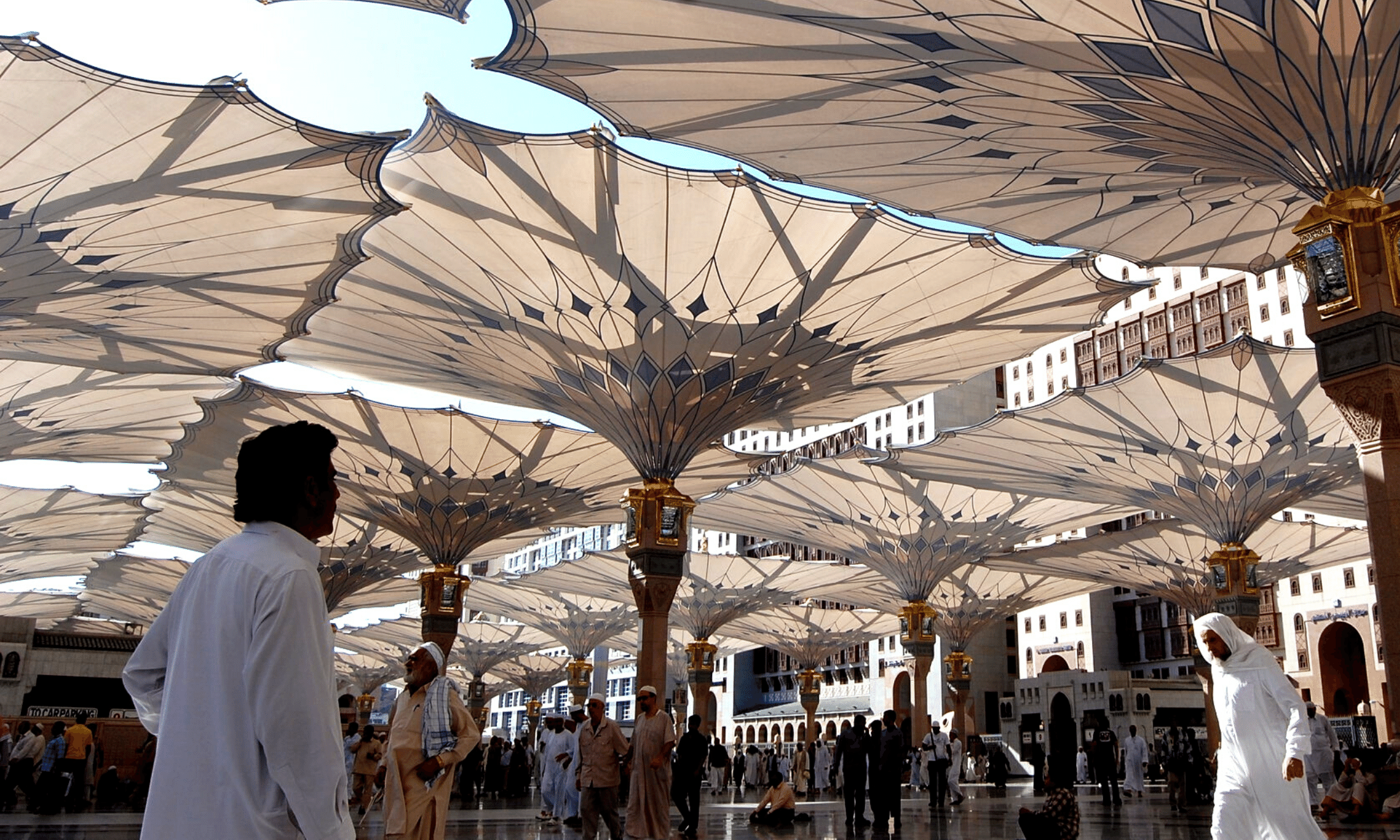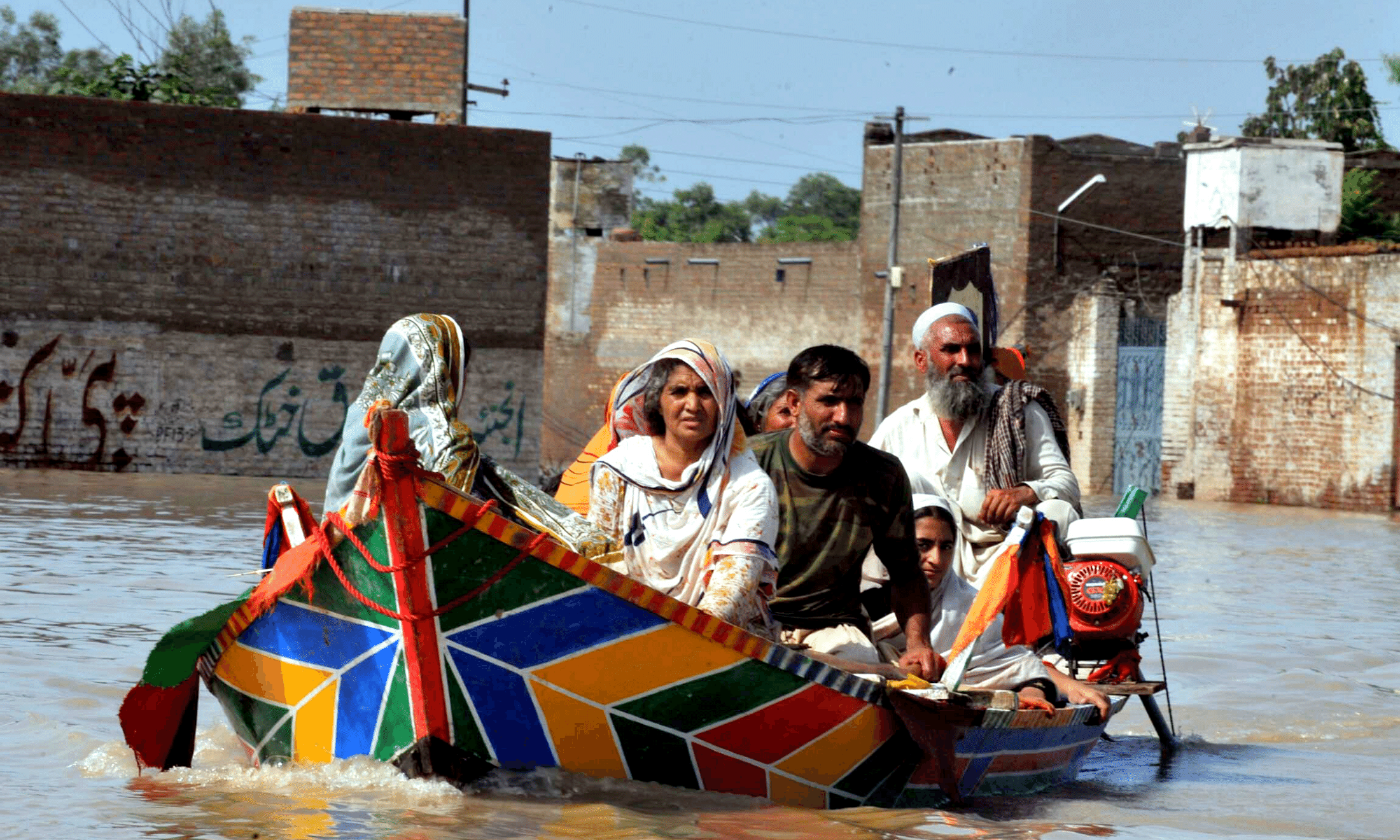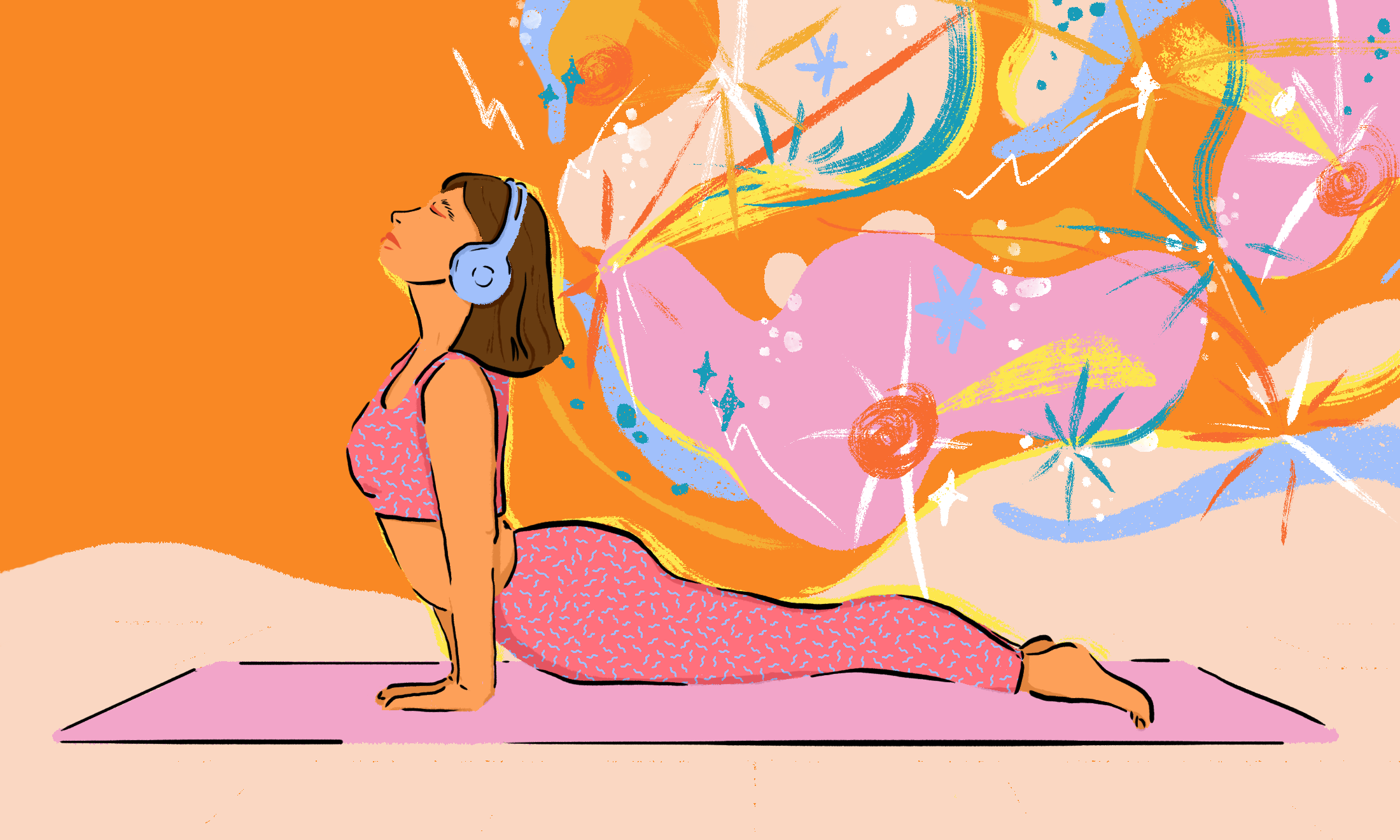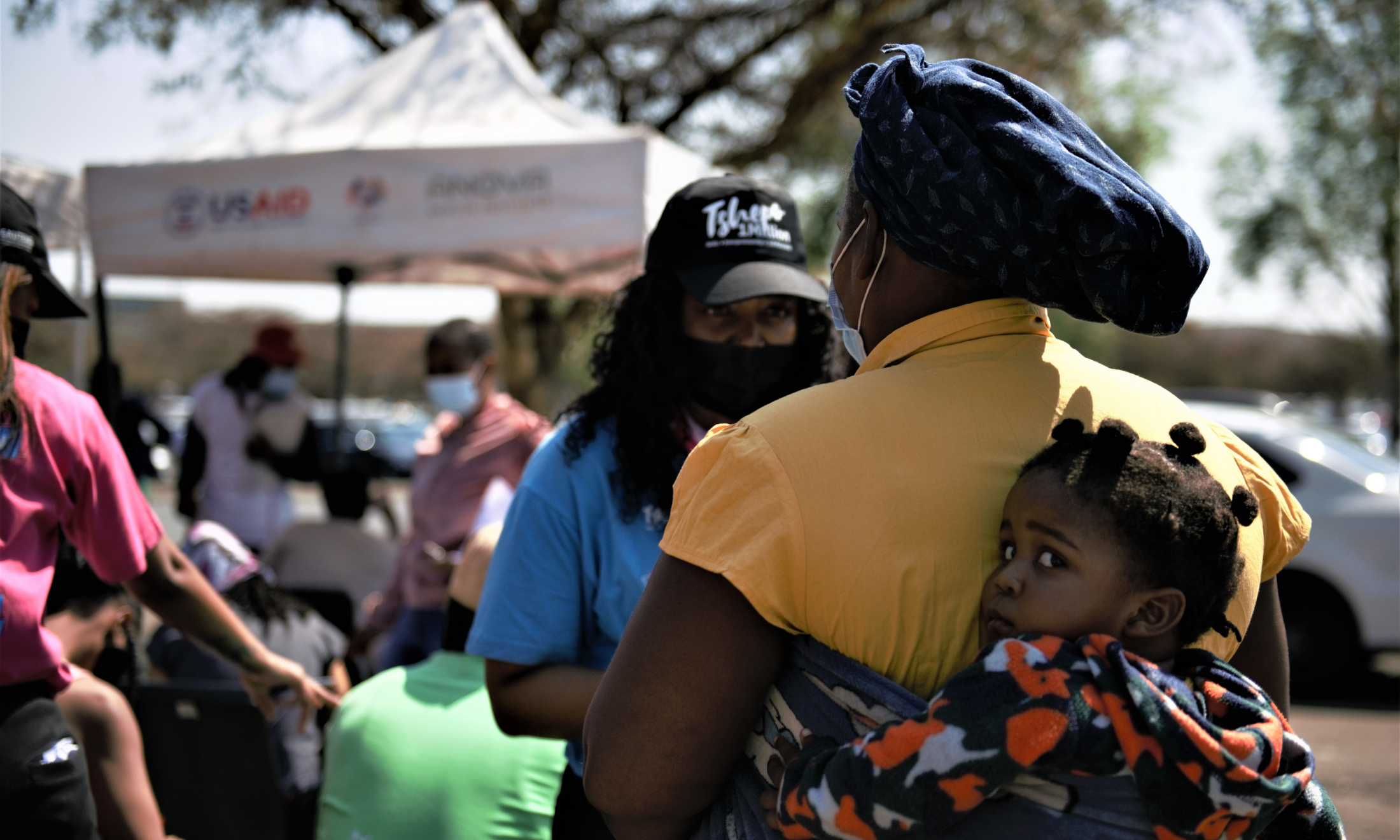
USAID
Vaccinated in Zimbabwe, unvaccinated in the UK; how geopolitics are holding the Global South hostage
Opaque rules, unrecognised vaccines and substandard data sharing are all contributing to a situation where one vaccine is worth more than another.
Zuva Seven
10 Dec 2021
Langa Zhou has been vaccinated four times. The 22-year-old writer lives in South Africa but went back to Zimbabwe in June for private vaccinations after delays in the SA programme.
“I was vaccinated with Sinovac [CoronaVac] and paid around $40 [£30] for both doses,” she remembers. But Langa’s China-produced jab was not one recognised by the UK at the time, where her family lived and where she had planned to visit over the summer. So in August she received a Pfizer vaccine from South Africa too.
Langa’s case may sound strange, but it’s not that unusual. Amid the turbulence of the pandemic, the impact of vaccine discrimination, and the geopolitics that give one jab precedence over another in certain countries, is being overlooked.
Global unity undelivered
At the very start of the pandemic, many countries spoke on the importance of global unity. In the UK, Downing Street added to this and reiterated how essential international collaboration was against this shared threat of Covid-19.
While vaccine creation was important, distributing vaccines globally required infrastructure to provide everyone access to them; so the COVAX scheme was created in April 2020 by CEPI, Gavi and WHO, alongside key delivery partner UNICEF. With the engagement of two-thirds of the world, COVAX was designed to act as a platform that supported the research, development and manufacturing of a wide range of vaccination candidates.
It also stipulated equal access to these vaccines, regardless of income, to maximise the chances of ending the global pandemic. But in reality, a clear line in the sand has been drawn, shutting out much of the Global South. In recent weeks, this divide has only been widened by Western international responses to the Omicron variant, with travel bans targeting countries across Southern and Western Africa, despite advice from some scientists that this may actually slow the study of the new variant.
Vaccination monopolies have emerged, with pharmaceutical companies reaping exorbitant profits – upwards of 69% profit margins in some cases. Though the development of vaccines was supported by $100bn [£75.6bn] in public funding from the likes of the US, Germany and other countries, in the first half of 2021, Moderna, BioNTech, and Pfizer are reported to have collectively earned more than $26bn [£19.6bn] in revenue.
Furthermore, the pharmaceutical companies have been hit by accusations of overcharging for their wares – and it seems like Global North countries have been willingly overpaying for the products.
For instance, Pfizer/ BioNTech are charging African Union countries $6.75 per dose, which is already six times more than the estimated production cost. Yet, reports from the People’s Vaccine Alliance indicate the EU and UK have paid even more than this – with future projections indicating up to 148 times more than the estimated production costs.
Willingness to overpay in these countries has led to the deprioritising of countries in the Global South and the COVAX scheme. This “deprioritisation” and the Global North’s haste to run booster programs has also resulted in extreme vaccination inequality. For example, while 68.3% of the total UK population has been fully vaccinated against Covid-19 at the time of writing, when compared to African countries with a similar population density, Gambia has fully vaccinated 9.1%, Uganda 1.9%, and Nigeria 1.79% of their population.
Vaccine discrimination
But access to vaccination in the first place is one hurdle. For people disproportionately in the Global South, getting the jab is only half the battle. Travel vaccination requirements have been implemented by many countries, but poorer nations, especially ones with majority populations of colour, typically find themselves at the sharp end of the rules.
Vaccine discrimination takes two major forms. On one hand, perfectly acceptable, World Health Organisation-approved vaccinations, like China’s Sinovac, have not been recognised by the EU or the UK for the majority of the pandemic. Sinovac – which has been received by over 943 million people across Asia, South America and Central America, and was the most widely used Covid-19 vaccine in the world by July 2021 – was only added to the list of vaccines recognised in the UK last month, alongside India’s Covaxin. The failure to legitimise vaccines like Sinovac has led to millions effectively being barred from entering the EU or UK – unless they are wealthy enough to engage in ‘vaccine tourism’ and travel to another country to get an approved jab, like Pfizer.
Secondly, some ‘red list countries’ do not have approved vaccine programmes; so even if someone gets an approved jab, like Pfizer in say, Uzbekistan, they still will not be seen as vaccinated by the UK.
Admittedly, some countries selectively approved vaccines based on the variants in their region. Dr Richard Chawana, Clinical Research and Medical Affairs Officer at Biovac in South Africa, says that the South African government initially bought the AstraZeneca vaccine before finding out it had an efficacy of around 10% against the major variant circulating in the country. “What the Ministry of Health then decided was to look at different vaccines to see [their] efficacy against the circulating Beta variant in South Africa at the time,” he adds. “In terms of Sinovac. there were issues accessing data to show its efficacy against the circulating variant.”
This approach may have led to a delayed South African vaccine programme, but it also allowed for the sourcing of vaccines that met the 50% efficacy threshold. It could be the case that the same policy is in play in the UK – though it seems almost impossible to find out for sure. Efforts by gal-dem to clarify the government’s approach to vaccine approval were made to both the Department of Health and Social Care and the Medicines and Healthcare products Regulatory Agency, to no avail. Departments repeatedly referred gal-dem to each other, with none deigning to provide comment.
Multiple jabs
But even if the UK government’s vaccine approval policy did mirror South Africa’s, it wouldn’t explain other instances of vaccine discrimination, as the case of Scarlet Possnett, a Hong Kong-based student, proves.
When the vaccination rollout began at the end of February 2021 in Hong Kong, Scarlet, 18, was still abroad. After a few months, when eligible, they were vaccinated twice with the Pfizer vaccine. When they returned to England in June 2021, they informed their GP of their previous vaccinations, who assured them they would update the system.
“A month later, it still wasn’t on the NHS app so I called them [their GP] and they were like, ‘because you didn’t get them in the UK you can’t register them yet’,” they recall.
Following this, their GP assured them that the government would find a way to transfer the confirmation about their vaccination status to the app; this has not happened to date. Despite ongoing trials run with the UK’s National Immunisation Management system (NIMS), to recognise vaccines administered in countries outside of England and Wales, nothing has come to fruition.
In the end, due to travel requirements, Scarlett was forced to redo their vaccinations. At the time of writing they are still awaiting their fourth dose of Pfizer. And they’re not alone.
“Whilst wealthier individuals can ‘pay their way out’ of vaccination discrimination, most people cannot. The poor in the Global South have become the hidden secondary casualties of the pandemic”
Student Yasmine Kandil has also received multiple vaccinations. After spending most of the 2020 lockdowns in Dubai with her family, the 21-year-old was eager to return to her studies in the UK once allowed. In February 2021, she was vaccinated with the Sinopharm Beijing (Sinopharm) jab.
Though Sinopharm was recognised for EU travel at this time, it was not the same story in the UK. With Dubai on the red list, and unwilling to be confirmed to an extortionately priced quarantine hotel, Yasmine flew to Greece for ten days at the end of May, before returning to England for a ten-day isolation at home. Since then, she has had four vaccinations in total for travel purposes.
Her brother, 18-year-old Tariq Kandil, went through a similar situation in trying to resume his studies in Canada. He was double vaccinated with Sinopharm and, once in Canada, realised he had to redo his vaccinations to travel. But, unlike Yasmine, he ran into a complication when receiving his second dose of the Pfizer vaccine. “They told him he wasn’t allowed because they knew he had the two Sinopharms,” she says. Tariq resorted to going to a Canadian drop-in clinic to get his second dose of Pfizer as these places “didn’t check records”.
“If he wasn’t fully vaccinated with Pfizer by the time it came to Christmas, he wouldn’t be able to come home and go back to Canada,” she adds. Last month, the Canadian government finally expanded its list of approved vaccinations to include Sinopharm.
Though ‘unvaccinated’ travellers are permitted to enter the UK, only those able to afford pre-booked quarantine hotel stays (at a cost of £2285 for a single adult staying for 10 days), multiple private PCR tests (at inflated prices), or a ‘holiday’ detour can realistically make the trip. Whilst wealthier individuals such as Yasmine, her brother and Langa can ‘pay their way out’ of vaccination discrimination, most people cannot. The poor in the Global South, with families or jobs in the UK they can’t return to, have become the hidden secondary casualties of the pandemic.
The discrimination likely isn’t going to stop anytime soon. As critics have pointed out, restrictions on travel from countries like South Africa and Nigeria, in response to the Omicron variant, are not grounded in scientific fact but rather global nationalism that seeks to target African countries disproportionately.
As the Nigerian high commissioner to London, Sarafa Tunji Isola and the UN secretary general, António Guterres, have said, these restrictions and their selective approaches are “travel apartheid”. Penalising countries for the timely sharing of information is a shortsighted response. But it falls in line with the entire approach to the pandemic from richer countries who turned to nationalism and self-protection, not realising that in a globalised world it will take joint efforts to tackle Covid-19. Until that happens, the tier of second-class citizens created by vaccine geopolitics and discrimination will continue to suffer most.

Britain’s policing was built on racism. Abolition is unavoidable

How Pakistan’s Khwaja Sira and transgender communities are fearing and fighting for their futures

Their anti-rape performance went viral globally. Now what?


